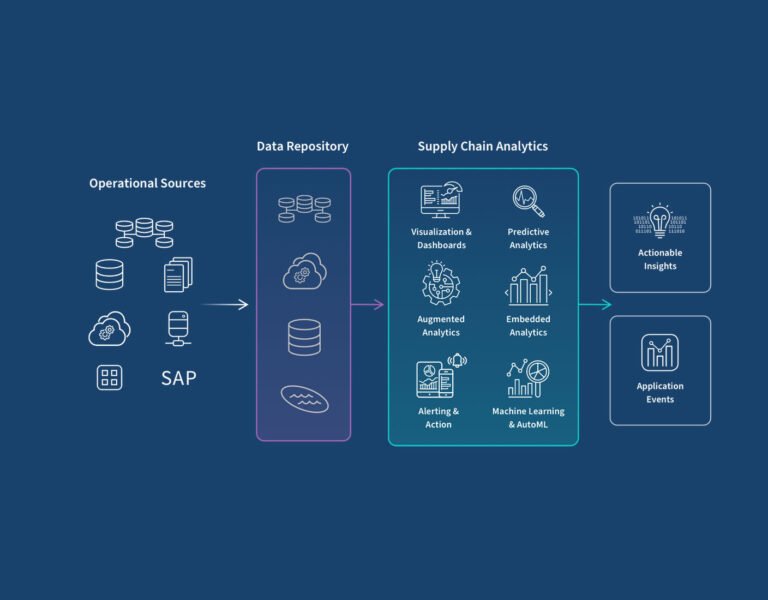The Growing Importance of Transparency in Car Finance Deals
In recent years, car finance has become one of the most common ways for people to buy vehicles. While it offers flexibility and convenience, not every agreement has been explained clearly to consumers. Some buyers later discovered that key details about their contracts were unclear or even misleading. This has led many to question how their deals were structured and whether they were given fair information from the beginning. Understanding how car finance works — and what can go wrong — is crucial for anyone considering or currently repaying a vehicle loan. It’s this growing awareness that has made pcp claims an important topic for many drivers seeking clarity and fairness.
Why Some Finance Agreements Are Being Re-Examined
A major reason for the renewed interest in car finance is the discovery that some contracts were not sold in a transparent way. Many consumers have realised that they were not fully informed about how interest rates were calculated or how the total cost of borrowing was deteed. This lack of openness can lead to unexpected financial burdens that could have been avoided with proper explanation. Buyers who trusted the process at the time are now encouraged to take a second look at their agreements. By understanding the key elements of a fair deal, consumers can protect themselves from potential future issues. Ultimately, re-examining past agreements is about ensuring everyone receives fair treatment and accountability in financial transactions.
Recognising the Signs of an Unfair Agreement
It can be difficult to know whether a car finance agreement was fair, especially when the terms seem complex. However, there are certain indicators that might suggest the deal wasn’t explained properly. For example, some drivers were not made aware of commissions being paid to dealers or brokers, which could have influenced the terms they were offered. Others might not have been told about all the available finance options, leaving them unable to make a fully informed decision. Recognising these warning signs helps consumers take the next step toward seeking advice or exploring their rights.
Possible red flags to look out for include:
- Missing or unclear documentation about interest rates.
- Lack of explanation about total repayment amounts.
- Pressure to sign an agreement quickly.
- No discussion of alternative payment or finance options.
The Role of PCP Agreements in Finance Claims
Personal Contract Purchase (PCP) deals have been at the centre of many discussions about fair practice. While these agreements can offer flexibility, not all were explained in a way that allowed buyers to make confident decisions. Some customers were unaware of how end-of-term payments or mileage limits could affect their total costs. In other cases, consumers didn’t fully understand how the value of their vehicle would be calculated at the end of the agreement. This confusion has led to a growing number of people reviewing their deals and, when necessary, exploring pcp claims to address potential mis-selling. Transparency and understanding remain key to ensuring these agreements work as intended for consumers
Steps to Review Your Car Finance Agreement
If you’re uncertain about your car finance arrangement, reviewing your contract can reveal whether it was presented clearly and fairly. Start by examining whether all costs, rates, and conditions were fully explained at the time of signing. It’s also worth checking whether you were told about commissions or additional charges that may have influenced the deal. Keeping written copies of all communications and agreements can make this process easier. Many people are surprised by what they discover once they revisit their paperwork with a critical eye. Taking this proactive step helps you understand your position and decide whether further action might be needed.
When reviewing your agreement, pay attention to:
- How interest rates and repayments were described.
- Any mention of commission or incentives.
- The clarity of repayment terms and optional payments.
- Any details that seem inconsistent or unclear.
Protecting Yourself When Considering a New Agreement
Whether you’re renewing an existing deal or exploring a new one, being informed is your best defence against future issues. Take the time to read every part of the contract before signing, and don’t hesitate to ask questions about anything that isn’t clear. Always request written confirmation of any promises made verbally, and compare offers to see which best fits your financial circumstances. Taking these steps can help you avoid potential confusion or hidden charges later on. It’s also a good idea to seek independent advice if you feel uncertain about any aspect of the deal. A little caution upfront can save significant stress in the future.
To protect yourself, remember to:
- Take your time before signing any contract.
- Ask direct questions about how rates and payments are calculated.
- Keep detailed records of all documents and conversations.
- Seek independent advice if you feel pressured or unsure.
Conclusion: Building a Fairer Future for Car Buyers
The conversation around fair car finance isn’t just about reclaiming losses — it’s about creating a more transparent system for everyone. Consumers now have more resources and knowledge than ever to make informed decisions about their financial agreements. Those exploring car finance claims or reviewing past pcp claims are contributing to an important movement toward accountability and openness. By learning from past experiences, both buyers and lenders can help ensure that fairness remains central to the process. The ultimate goal is simple: a car finance market built on trust, clarity, and genuine understanding between both sides.
read more : Why 2025 Is the Year Paper Bowls and Compostable Soup Cups Redefine Takeaway Packaging






